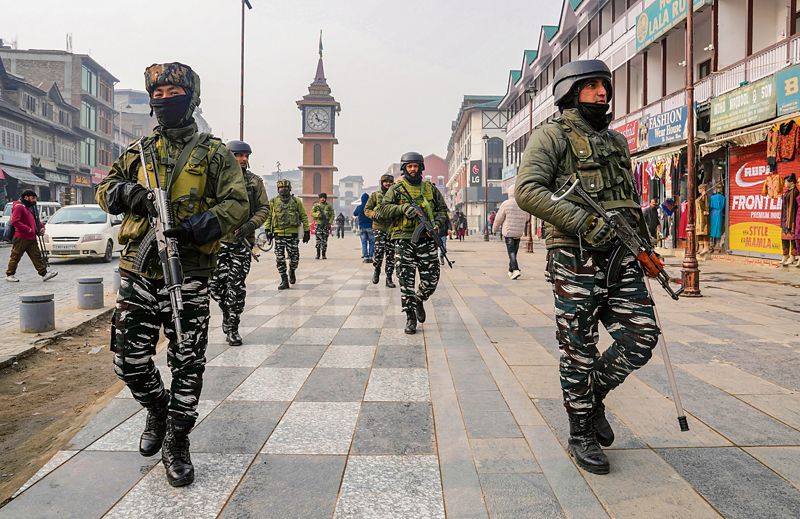The govt must hold elections at the earliest and provide all constitutional rights to J&K residents.

Advertisement

THE decision of the five-judge Supreme Court Bench, headed by Chief Justice of India DY Chandrachud, to uphold the constitutional order revoking Article 370 was hardly a surprise, given the judges’ observations during the hearing in September. The court has validated the action of the political executive and found the August 5, 2019, abrogation constitutionally valid. Implicitly, the introduction and abrogation of Article 370 were legitimate decisions of the political executive of the day.
Moving forward, the impact of the abrogation on three crucial realms — national politics, national security and foreign policy — has to be assessed. The SC stamp on the abrogation is set to become a prominent talking point for the ruling BJP in the 2024 General Election. A day after the verdict, Prime Minister Narendra Modi was understandably quick to welcome it. In an article, he commented on the imprudence of Article 370 and said: “Unfortunately, due to centuries of colonisation, most notably economic and mental subjugation, we became a confused society of sorts. Rather than taking a clear position on basic things, we allowed duality, leading to confusion. Sadly, Jammu and Kashmir became a victim of such a mindset.” Taking a dig at the political executive that inserted Article 370 in the Constitution, he stated: “At the time of Independence, we had a choice of making a fresh start for national integration. Instead, we decided to continue with the confused approach even if it meant ignoring the long-term national interests.”
The significance of the abrogation as an achievement for the BJP can hardly be underestimated, particularly with PM Modi eyeing a third term. In recent years, the BJP’s core issues have been the construction of the Ram temple in Ayodhya, the implementation of the Uniform Civil Code and the abrogation of Article 370, which granted special status to Muslim-majority J&K. The impact of J&K, having just five Lok Sabha seats and a population of nearly 14 million, on the Indian political landscape, particularly in the Hindi-speaking states with considerable electoral clout, is less understood. Due to several factors, including the inter-generational trauma caused by the Partition, the opposition to Article 370 had resonance in populous Hindi-speaking states — Rajasthan, Madhya Pradesh, Uttar Pradesh and Haryana.
India’s political parties, except the Dravida Munnetra Kazhagam and the Left front, did not come out in the open against the abrogation of Article 370. This is also because of the rigid interpretation of its interlinked provisions, such as Article 35A of the Constitution. This Article empowered the J&K legislature to define ‘permanent residents’ of the state and provide them with special rights and privileges. This prevented some long-term residents in J&K from acquiring domicile rights, including Partition refugees, many of whom were Dalit and poor. These facts were at the heart of the arguments presented by defenders of the abrogation. The Congress’ response after the SC decision indicates that it is on the back foot as in an electoral battle, explaining the complex historical context that necessitated the introduction of Article 370 becomes difficult and it is no match for the combative narrative of the BJP on the issue in the Hindi heartland.
